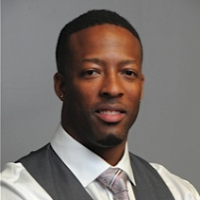Willington Criminal Lawyer, Connecticut
Sponsored Law Firm
-
 x
x

Click For More Info:
-
Attorney John F. O'Brien
411 Center Street Manchester, CT 06040» view mapCriminal Defense Law Affordable Criminal Defense
Attorney John F. O'Brien is an experienced criminal defense lawyer and trial lawyer. You don’t have to go through this alone, we are here to protect you and your rights!
60-290-9090
Donald Edwood Howard
Donald is orginally from Chicago, Illinois. He is 2003 graduate of Mississippi State University (MSU). He received his Masters in Public Policy Admini... (more)
Ryan Patrick Barry
✓ VERIFIEDRyan P. Barry received his B.A., with honors, from the University of Connecticut and his J.D. from the University of Connecticut School of Law. During... (more)
John F. O'Brien
✓ VERIFIEDAttorney John F. O’Brien has over 30 years of experience as a criminal defense lawyer. We’ve been protecting people’s rights in Hartford, CT sin... (more)
John M. Loconsolo
✓ VERIFIEDJohn M. Loconsolo is a practicing lawyer in the state of Connecticut handling personal injury, criminal, family law, and estate cases.
Steven Ira Melocowsky
✓ VERIFIEDSteven I. Melocowsky is a founder of Melocowsky and Melocowsky. He provides legal commentary for local television stations such as FOX Ct News and WFS... (more)
FREE CONSULTATION
CONTACTJason L. McCoy
FREE CONSULTATION
CONTACTFREE CONSULTATION
CONTACT John F. O'Brien Manchester, CT
John F. O'Brien Manchester, CT Practice AreasExpertise
Practice AreasExpertise





